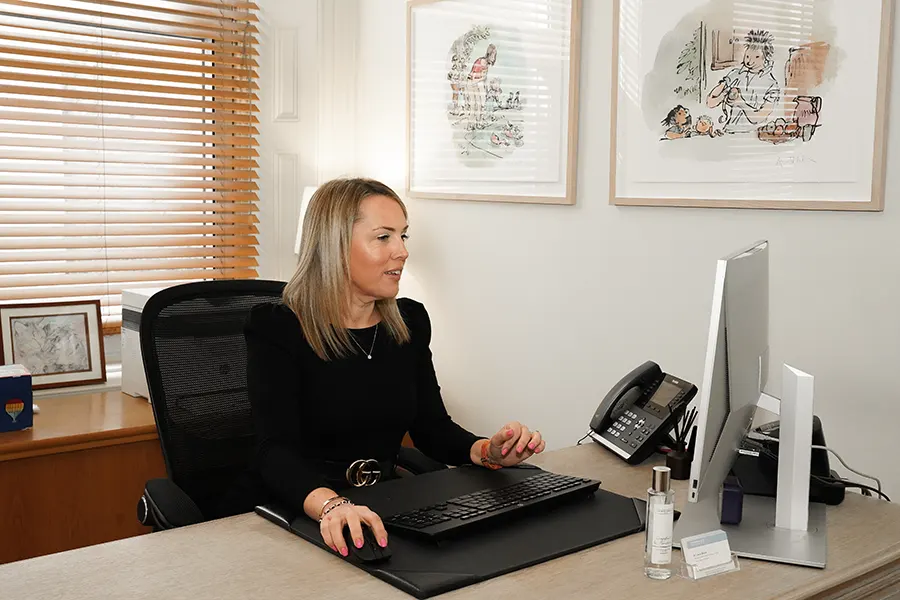Are you aware that vaginal oestrogen treatment is an important part of preventative health for women after menopause?
As we approach menopause and our oestrogen levels fall, not only can we suffer with a wide array of symptoms, but our most intimate areas are also affected.
This is an area often neglected, usually due to the sensitive nature of such a discussion!
The Genitourinary Syndrome of Menopause
The problems encountered are referred to as the Genitourinary Syndrome of Menopause (GSM).
This encompasses a range of symptoms including vaginal dryness, irritation, painful intercourse and urinary issues like increased frequency and urgency. These changes can disrupt the delicate tissues of this area and leave women more susceptible to recurrent infections such as urinary tract infections (UTIs).
In elderly, UTIs may present with less typical symptoms and often first presentation may be with confusion or falls. Infection can become severe, sometimes leading to sepsis and even death.
Recent Research
Recent published research presented at the American Urological Association 2025 Annual Meeting underscores the significant benefits of vaginal oestrogen treatment for postmenopausal women suffering with recurrent UTIs.
11 million women were studied and the results are staggering…
73% less MORTALITY
51% less SEPSIS
22% less hospitalisations.
The Importance of Discussing GSM Symptoms With Your Doctor
Despite the proven benefits, vaginal oestrogen treatment remains underutilised. Data presented at a recent medical meeting showed that among 1.9 million patients with GSM-related conditions, only 9.1% filled a prescription for vaginal oestrogen.
This gap may stem from a lack of awareness or misconceptions about hormone therapies. It’s crucial for women experiencing GSM symptoms to consult their healthcare providers about potential treatments, including vaginal oestrogen, to improve their quality of life and reduce the risk of recurrent UTIs.
In Summary
Vaginal oestrogen therapy is safe for most women and offers not only relief from the discomfort of vaginal dryness but is also key in preventing recurrent UTI in later life.
Please do share this with any friends or loved ones who may benefit!
If this is something that may be affecting you, please do make an appointment to discuss it with Dr Wood or Dr Harling, who both have a special interest in menopause.






